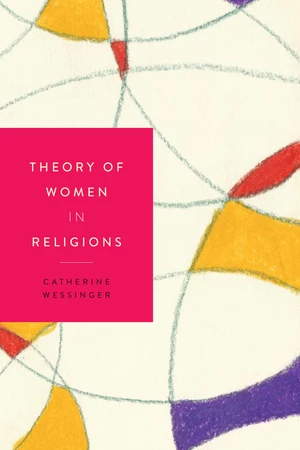An introduction to the study of women in diverse religious cultures While women have made gains in equality over the past two centuries, equality for women in many religious traditions remains contested throughout the world. In the Roman Catholic Church and the Church of Jesus Christ of Latter-day Saints women are not ordained as priests. In areas of Pakistan and Afghanistan under Taliban occupation girls and women students and their teachers risk their lives to go to school. And in Sri Lanka, fully ordained Buddhist nuns are denied the government identity cards that recognize them as citizens. Is it possible to create families, societies, and religions in which women and men are equal? And if so, what are the factors that promote equality? Theory of Women in Religions offers an economic model to shed light on the forces that have impacted the respective statuses of women and men from the earliest developmental stages of society through the present day. Catherine Wessinger integrates data and theories from anthropology, archaeology, sociology, history, gender studies, and psychology into a concise history of religions introduction to the complex relationship between gender and religion. She argues that socio-economic factors that support specific gender roles, in conjunction with religious norms and ideals, have created a gendered division of labor that both directly and indirectly reinforces gender inequality. Yet she also highlights how as the socio-economic situation is changing religion is being utilized to support the transition toward womenâs equality, noting the ways in which many religious representations of gender change over time.
Price history
Jan 12, 2022
€18.82

